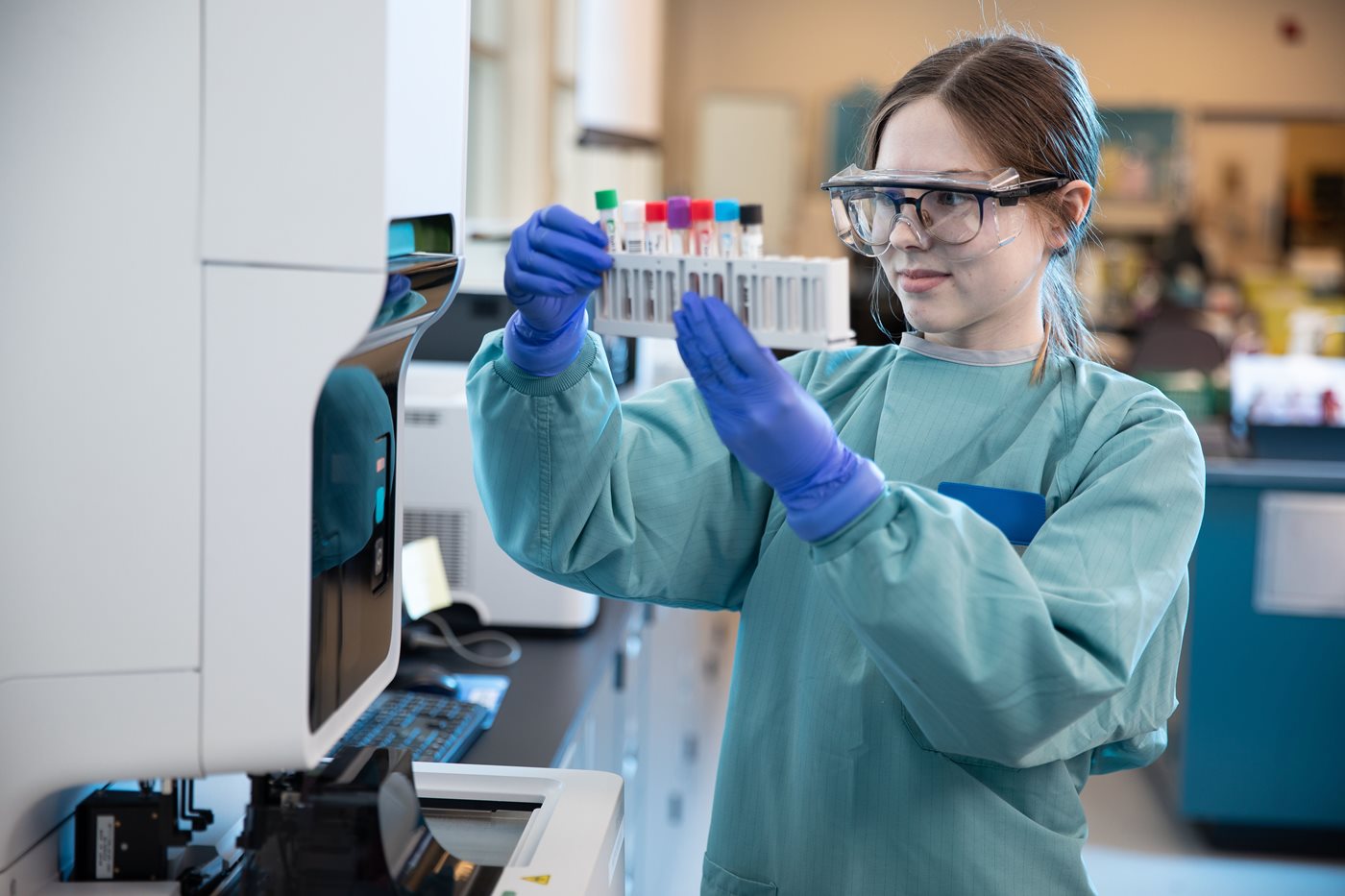In the ever-advancing field of healthcare, one profession quietly but crucially supports the intricate machinery of diagnosis and treatment: the medical laboratory technician. These unsung heroes of the medical world are at the forefront of innovations that are transforming patient care. From the latest advancements in automation to the increasing role in personalized medicine, let’s delve into the dynamic world of these essential healthcare profession
Precision and Innovation: The New Face of Lab Work
Recent breakthroughs in technology have revolutionized laboratory practices, making the role of technicians more pivotal than ever. Modern laboratories are equipped with cutting-edge automated systems that enhance accuracy and efficiency. For instance, high-throughput analyzers can perform thousands of tests with minimal human intervention, reducing the risk of errors and speeding up the diagnostic process. Technicians are now tasked with operating these sophisticated machines, ensuring their proper calibration, and interpreting complex data outputs.
One significant development in this realm is the rise of molecular diagnostics. With the advent of advanced genetic sequencing technologies, lab technicians are increasingly involved in genomics and personalized medicine. This shift not only requires a deep understanding of molecular biology but also a keen ability to handle and analyze vast amounts of genetic data. These advancements have opened new avenues for diagnosing and treating genetic disorders, cancer, and infectious diseases with unprecedented precision.
Beyond the Basics: The Expanding Skill Set
The role of a laboratory professional is no longer confined to traditional tasks such as blood tests and urinalysis. The scope of their responsibilities has broadened significantly, driven by the rapid pace of technological innovation. Technicians are now expected to have a comprehensive skill set that includes proficiency in bioinformatics, quality control, and data management.
For instance, as healthcare data becomes more integrated, lab professionals must adeptly handle electronic health records (EHR) systems and ensure that laboratory data is accurately reflected in patient records. They are also increasingly involved in research and development, contributing to clinical trials and the creation of new diagnostic tests and treatments.
Moreover, with the growing emphasis on patient safety and quality assurance, technicians are playing a crucial role in maintaining rigorous standards and protocols. They are responsible for conducting regular checks, troubleshooting issues, and implementing best practices to ensure the reliability of test results.
Future of Medical Laboratory technician
Looking ahead, the role of laboratory technicians is set to become even more integral to the future of healthcare. The ongoing advancements in artificial intelligence (AI) and machine learning are poised to further enhance laboratory processes. AI algorithms can analyze complex data sets faster and more accurately than ever before, providing valuable insights that aid in diagnostics and treatment planning. As these technologies continue to evolve, technicians will play a crucial role in integrating and managing AI systems within the lab environment.
Furthermore, the push towards telemedicine and remote diagnostics is expanding the horizons of laboratory work. Technicians are now exploring ways to adapt their practices to support virtual consultations and remote patient monitoring. This shift not only broadens their scope of practice but also presents new opportunities for collaboration with other healthcare professionals across various settings.
Conclusion
In summary, the profession of medical laboratory technician is undergoing a profound transformation driven by technological advancements and an expanding scope of responsibilities. These professionals are at the heart of the healthcare system, playing a vital role in ensuring accurate diagnostics and contributing to the advancement of medical science. As the field continues to evolve, their expertise will be indispensable in navigating the future of healthcare, making their contributions more critical than ever before.






